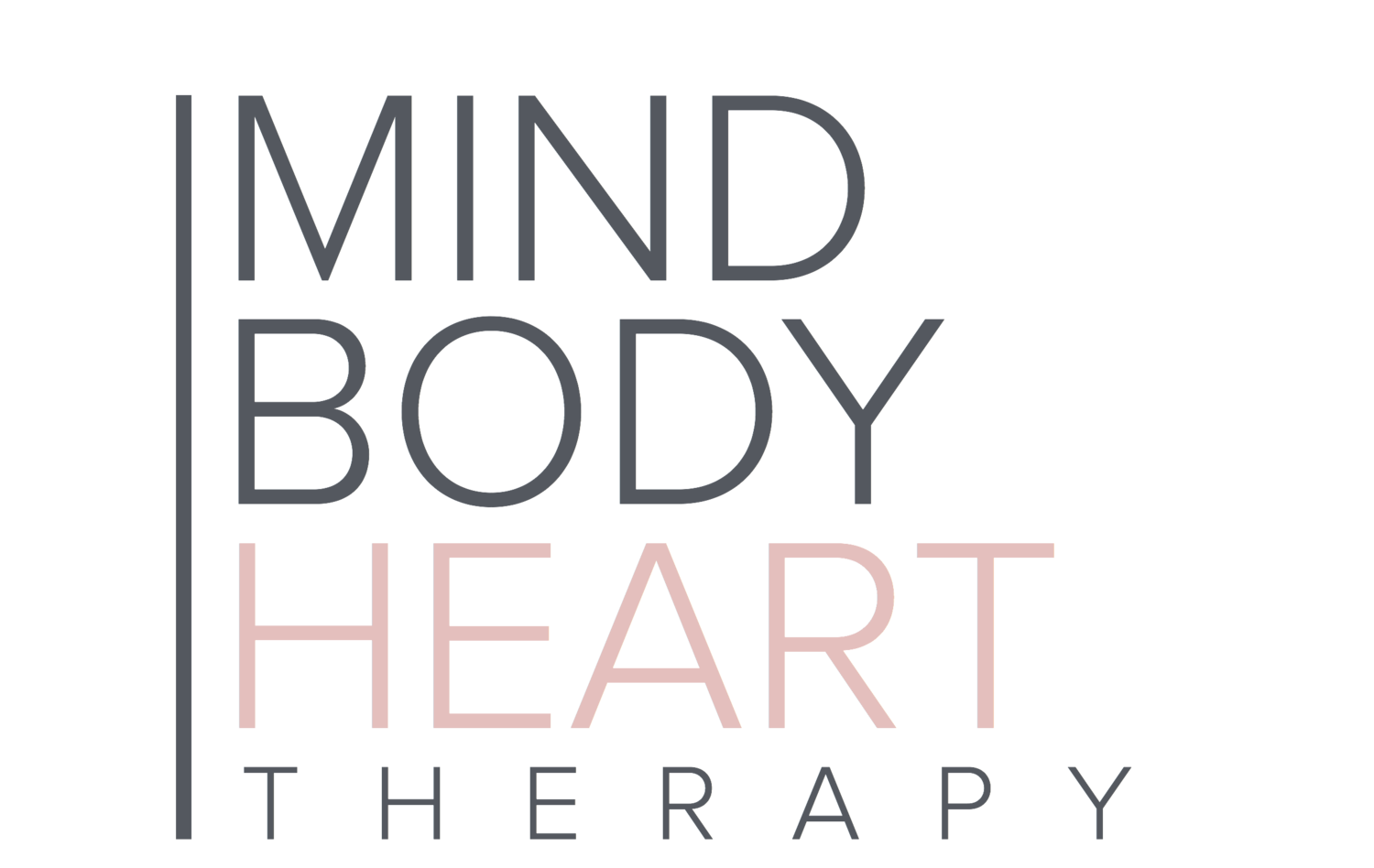Legend has it that the Buddha once said, "You can search the entire universe for someone who is more deserving of your love and affection than you are yourself, and that person is not to be found anywhere. You yourself, as much as anybody in the entire universe deserve your love and affection." Surely you have heard platitudes about the importance of loving yourself, but if you are anything like me, you thought that was all well and good but wondered how exactly to make that shift from harsh self-criticism to self-love. In fact, I distinctly remember once about seven years ago at a dark time in my life sitting down at my computer and googling, "How do I learn to love myself?" because practically speaking, I had no idea.
It was through this search for practical tools to begin loving myself that I learned about the practice of self-compassion. I spent much of my life promising myself that I would be able to love and accept myself once I accomplished a certain goal, weighed a certain amount, had a certain amount of money saved, or got my act together. Our culture constantly bombards us with this exact message. Self-compassion takes the radical position that it is possible to accept oneself exactly as you are today. And more than that, that positive and healthful changes are actually easier once you have accepted yourself as you are.
Drs. Kristin Neff and Christopher Germer have identified three key elements to the practice of self-compassion: mindfulness, common humanity, and self-kindness. In this post I focus on mindfulness and why cultivating mindfulness is essential to changing one's relationship to oneself and to one's pain.
Recently, I was conducting an intake session with a client and I asked the client if they had any history of depression or anxiety, both of which are strong predictors of whether acute pain will become chronic. "No," the client replied, "I just have walk around everyday feeling like there's a bomb about to go off." That sums up the experience of so many with chronic pain so well: it's so easy to become accustomed to suffering that often we don't even realize it's happening. We don't even realize we are navigating our day-to-day experience tensed as if something terrible is about to happen. When we don't realize that we are reacting in certain habitual ways to life, we have very little freedom to react in different ways.
Cultivating mindfulness -- paying attention, on purpose, to the present moment, without judgment -- is a way to begin really noticing when we are inadvertently causing ourselves to suffer so we can take steps to suffer less. It's hard for me to think of a greater act of kindness to oneself than taking steps to suffer less. You could practice mindfulness in this moment, noticing if your body is at all tense, noticing if you are having any sort of reaction to what you are reading, noticing if reading about self-compassion brings about judgements about yourself or how inadequate you are. Whatever you notice is fine; mindfulness is simply about cultivating the ability to notice.
Chronic pain leads to a nervous system that is in a constant state of hyperarousal. Mindfulness can help us to notice what is happening in our bodies so that we can take steps to decrease activity in the nervous system. For example, noticing that your muscles have unconsciously tensed up, you can then begin to breath into them, consciously allowing them to relax. Or you might practice taking three long, slow, deep out breaths to engage your parasympathetic nervous system, the part of the nervous system that lets the primitive brain know you are safe.
If you are looking to start a mindfulness practice, there is an abundance of free resources online. Please feel free to contact me for more information or to practice with some of the guided meditations I have posted http://www.danielleszasz.com/guided-meditation/

